Do not leave anyone behind in the peace of wildlife conservation

INTRODUCTION
David has special skills in helping to change people's perceptions and opinions about conservation benefits. He has had a real impact at the grassroots level, working with illegal wild game hunters, for alternative livelihoods such as wildlife conservation educators, he has established and implemented a highly successful employment program where former poachers hired as community conservation educators, visiting schools and local communities to advocate for wildlife conservation. I recently asked David to share some of his insights and experiences about of wildlife conservation and Peace for Conservation.
Ussi:👨🏻💻
1. David, Can you introduce yourself?
David: I'm the founder and director of Peace for Conservation (PFC ) and holds a B. A. degree in Social Work, a Postgraduate Diploma in Wildlife Management, and is presently working towards a Master’s degree in Natural Resource Management and Assessment
I have had a life-long passion for wildlife conservation, which my academic achievements have underpinned, in particular with the African College of Wildlife Management-Mweka, where I gained knowledge of wildlife management, conservation programme management and techniques for positive engagement of communities living close to protected areas
I regularly socializes with people with physical disabilities and leads projects that support their mobility and inclusion into wildlife-based activities. Since 2006 to date, I have donated 47 tricycles to disabled person greatly increasing their comfort and ability to lead normal lives. I have set myself a goal of donating 100 tricycles by 2025. I am interested that local disabled person do not miss out on experiencing local wildlife, such as the magical ‘Big Five’ and I have arranged dedicated time and Energy to engaging people with physical disability as a key stake holders of conservation & eco-tourism with a slogans, “No one is left behind” and “Disability is not an Inability to visit National Park.” I have Initiated tour program to engage people with physical disabilities to visit National Park under SPECIAL SAFARI AFRICA Project
Ussi:👨🏻💻
2. What inspired you to become environmentalist?
David: Traveling in National park for adventures and outdoor, Inspired me to become an environmentalist and opt to study Post graduate Diploma in Wildlife at African College of Wildlife –Mweka toward to pursue a conservation activities.
Ussi:👨🏻💻
3. Why is important to take action against poaching now?
David: Poaching illegally cause animal to decline, it’s important to take action to preserve nature and wildlife for a future generation.
Ussi:👨🏻💻
4. How will we achieve peace and conservation in Tanzania?
David: Engaging people living close to protected areas to be a stake holders of wildlife conservation and sharing equally benefit from wildlife conservation.
Ussi:👨🏻💻
5. How will we protection of wildlife and sustainable management of natural resources in Tanzania?
David: Clear policy related with sustainable management of natural resources , Engaging people living close to protected areas as a main stake holders of wildlife conservation.
Ussi:👨🏻💻
6. How did you hear about WildHub and why did you join?
David: Through internet google search, I join in order to have a room to share conservation knowledge from other conservationist across the global, and create a strong network, we can talk about wildlife conservation.
Ussi:👨🏻💻
7. For someone that wants to be a leader in conservation, what are the top 5 lessons you can share with us?
David:👇🏽
- Focus of what you are doing
- Commitment of what you are doing
- Read to learn and accept challenge
- Flexibility and adoptive new idea
- Working as a team
Ussi:👨🏻💻
8. Is there something that would make wildHub even better for you or people you know?
David: Yes, I can recommend, wild hub to share information free related with conservation grants and to teach upcoming conservationist how to develop a grant proposal.
Ussi:👨🏻💻
9. How does your work impact other people in conservation?
David: My work impact people both financial freedom and ecological, we recruited former poachers and every month we reward salaries, former poacher use salaries to construct house and pay school fees to their children.
Ussi:👨🏻💻
10. What's the biggest challenge in your area of conservation?
David: Human –elephant conflict, is a biggest challenge in my areas, as well wildlife poaching for a bush meat business.
RESOURCES
"We empower children to be a host an interview like janet"
Janet host poacher here👇🏽
Janet interviewing rangers👇🏽
David and Janet👇🏽
"Our organisation we use sport to communicate with youth living close to protected areas about wildlife conservation"
Here is a past soccer events for conservation👇🏽
2019🤝https://www.youtube.com/watch?v=b2ccFkGkjnU
2018🙏🏽https://www.youtube.com/watch?v=9Tx0SNss1x8&t=15s
2017🤝🏽https://www.youtube.com/watch?v=NPDAASHLF4s&t=12s
Ussi:👨🏻💻
Thanks David for sharing your insights and wisdom with our WildHub members and many others around the world, I particularly like your perspective or insights on environmental sustainability.
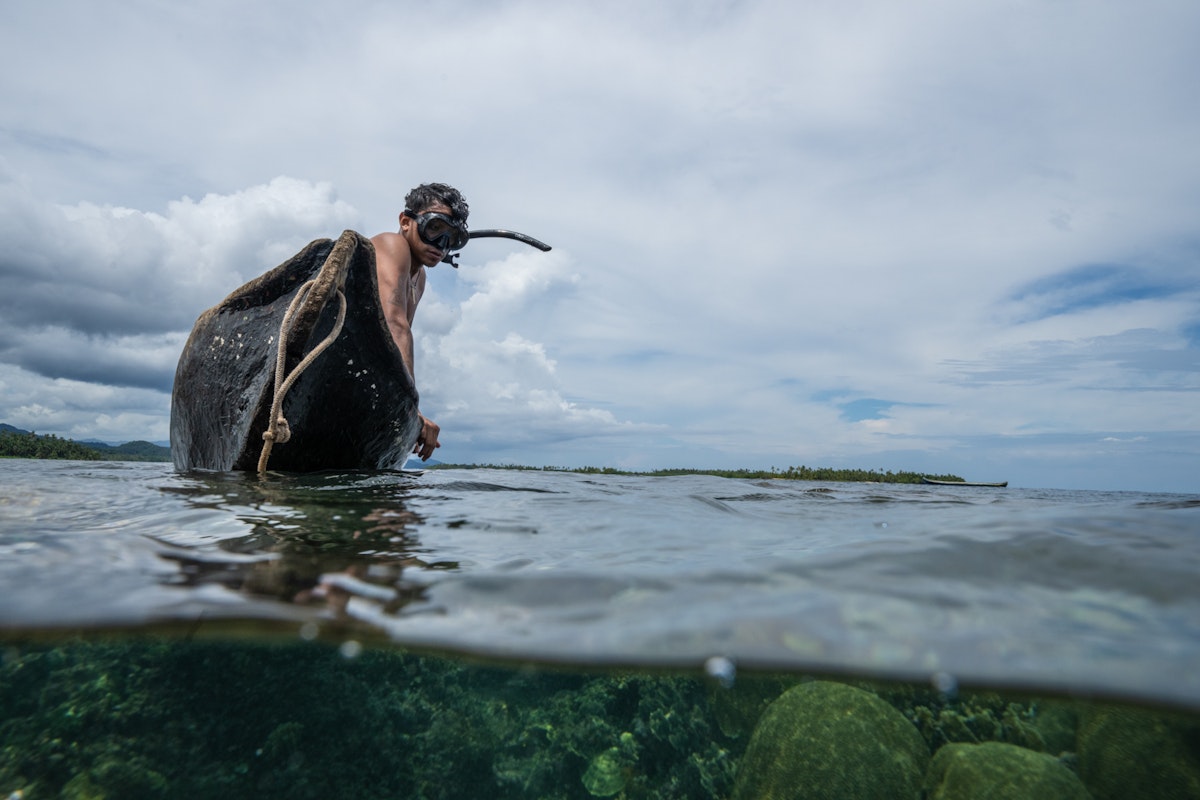
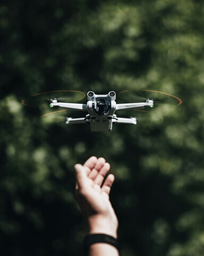
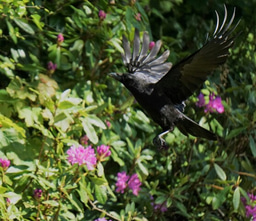
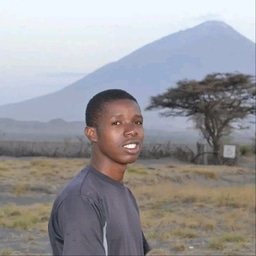
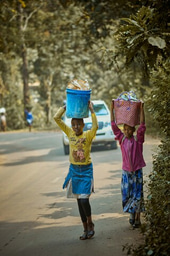
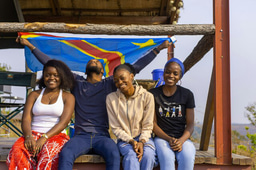
Please sign in or register for FREE
If you are a registered user on WildHub, please sign in
Thanks for sharing this! It's great to learn about different areas within the sector and I love the focus of working with local communities to find solutions.
Thanks, Rebecca for reading this article.